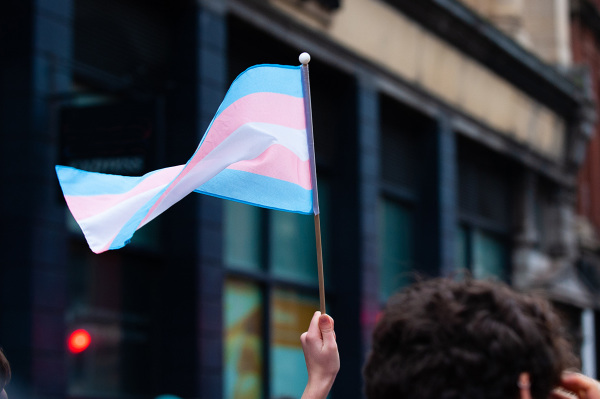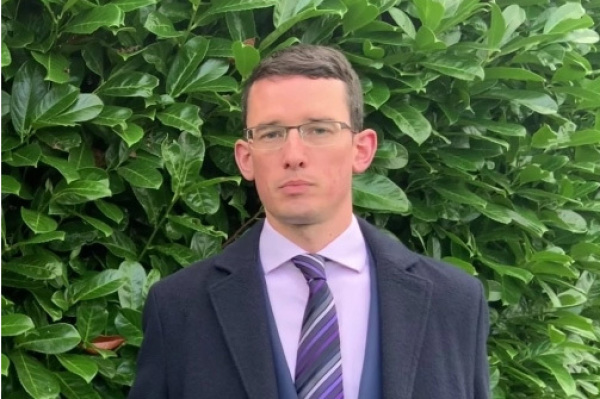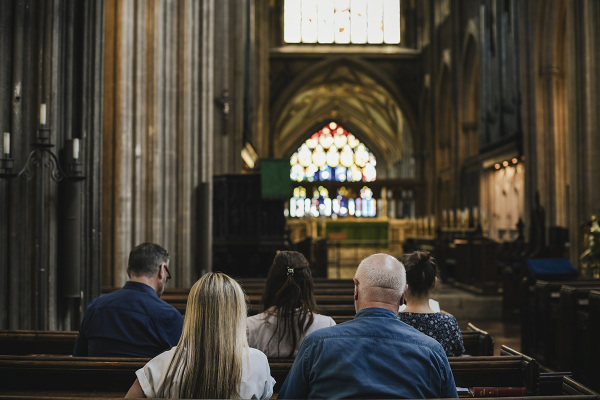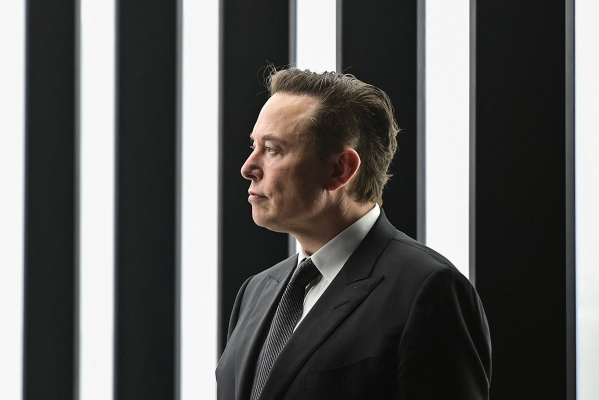Supreme Court rejects lawsuit against gov’t over social media censorship
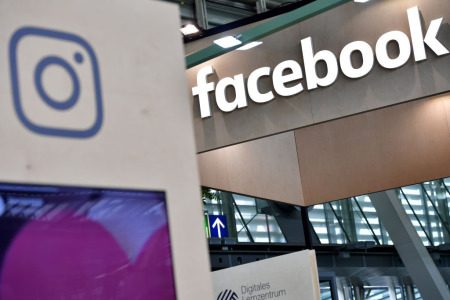
The United States Supreme Court has rejected a complaint from two states and multiple social media users claiming that the federal government unlawfully worked with online platforms to censor their posts.
The high court ruled 6-3 in the case of Murthy v. Missouri that the plaintiffs, which included five private citizens and the states of Missouri and Louisiana, failed to show that the federal government was responsible for the censorship they experienced on social media.
The decision overturns a preliminary injunction given by the U.S. Court of Appeals for the Fifth Circuit and remands the case back to the lower court for further deliberation.
Justice Amy Coney Barrett authored the majority opinion, writing that “the plaintiffs must demonstrate a substantial risk that, in the near future, they will suffer an injury that is traceable to a Government defendant and redressable by the injunction they seek.”
“Because no plaintiff has carried that burden, none has standing to seek a preliminary injunction,” wrote Barrett, adding that the plaintiffs did not have “any concrete link between their injuries and the defendants’ conduct.”
Barrett also noted that various social media platforms had instituted policies to restrict posts considered misinformation without the insistence or input of federal government officials.
“In fact, the platforms, acting independently, had strengthened their pre-existing content moderation policies before the Government defendants got involved. For instance, Facebook announced an expansion of its COVID–19 misinformation policies in early February 2021, before White House officials began communicating with the platform,” she continued.
“The plaintiffs rely on allegations of past Government censorship as evidence that future censorship is likely. But they fail, by and large, to link their past social-media restrictions to the defendants’ communications with the platforms. Thus, the events of the past do little to help any of the plaintiffs establish standing to seek an injunction to prevent future harms.”
Justice Samuel Alito authored a dissenting opinion, being joined by Justices Clarence Thomas and Neil Gorsuch, in which he wrote that “government officials may not coerce private entities to suppress speech.”
“The record before us is vast. It contains evidence of communications between many different government actors and a variety of internet platforms, as well as evidence regarding the effects of those interactions on the seven different plaintiffs,” argued Alito.
“In sum, the officials wielded potent authority. Their communications with Facebook were virtual demands. And Facebook’s quavering responses to those demands show that it felt a strong need to yield.”
The Biden administration has faced allegations that it worked with major social media websites to censor conservative viewpoints and any news that portrays the president's family negatively.
These included claims that the government collaborated with Twitter and Facebook to censor opposing views on how to handle the COVID-19 pandemic, censoring reports that COVID-19 was leaked from the Wuhan Institute of Virology in China, and any negative news about Biden and his son, Hunter Biden.
In May 2022, Missouri and Louisiana sued the Biden administration, arguing that the federal government "threatened and cajoled social-media platforms for years to censor viewpoints and speakers disfavored by the Left."
Last year, U.S. District Judge Terry Doughty, a Trump appointee, granted a preliminary injunction restricting the ability of the administration to collaborate with social media platforms on handling purported misinformation.
Last September, a three-judge panel of the 5th Circuit issued a per curiam opinion that partially upheld the injunction limiting contact between some federal officials and social media outlets.
"Plaintiffs have shown a substantial risk that the injuries they suffered in the past will reoccur," read the panel opinion. "And there is no evidence to suggest that the government's meddling has ceased. To the contrary, the officials' attorney conceded at oral argument that they continue to be in regular contact with social-media platforms concerning content-moderation issues today."
"Because the Individual Plaintiffs have demonstrated ongoing harm from their past censorship as well as a substantial risk of future harm, they have established an injury-in-fact sufficient to support their request for injunctive relief."
The Supreme Court heard oral arguments in the case in March.











